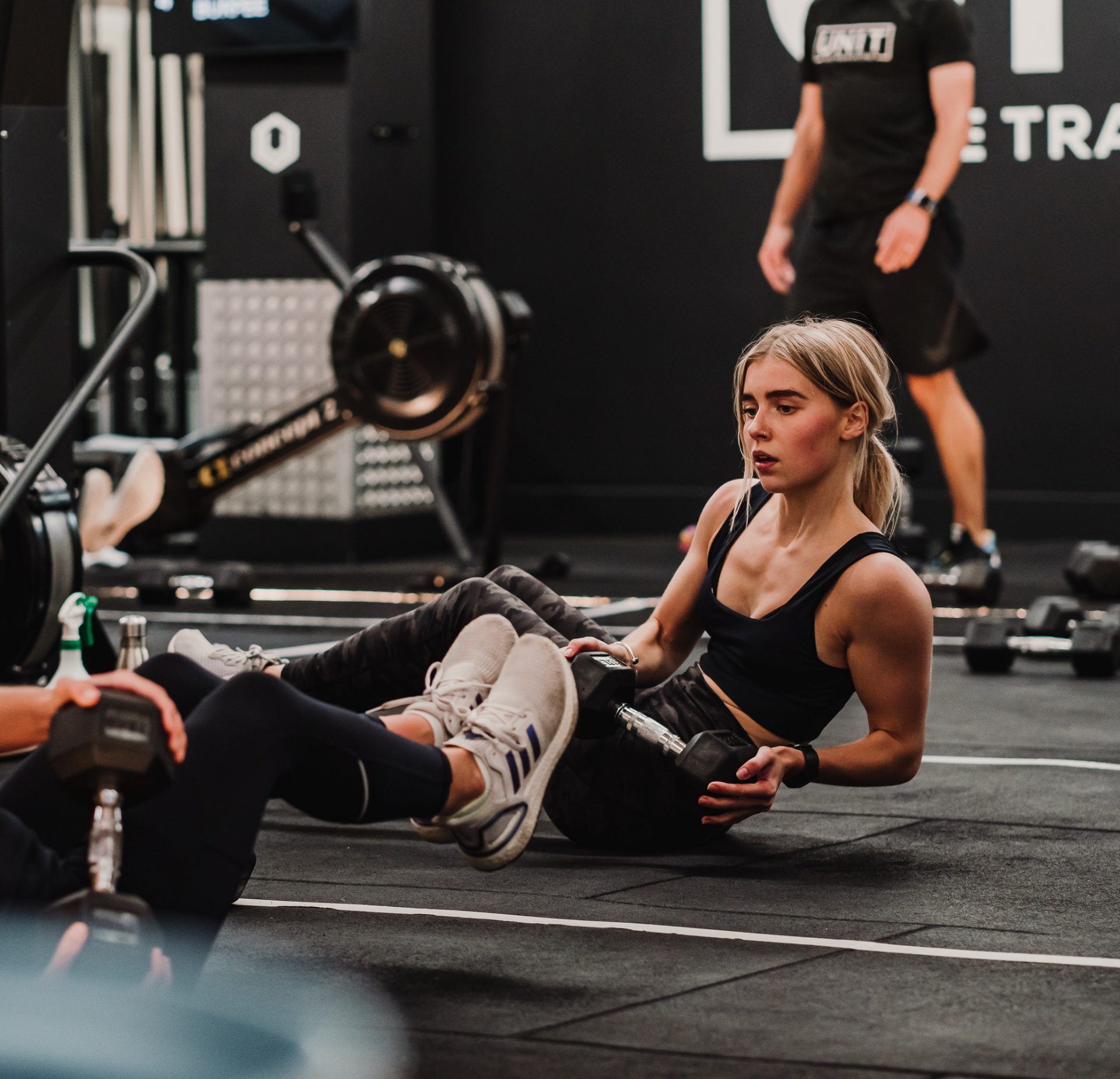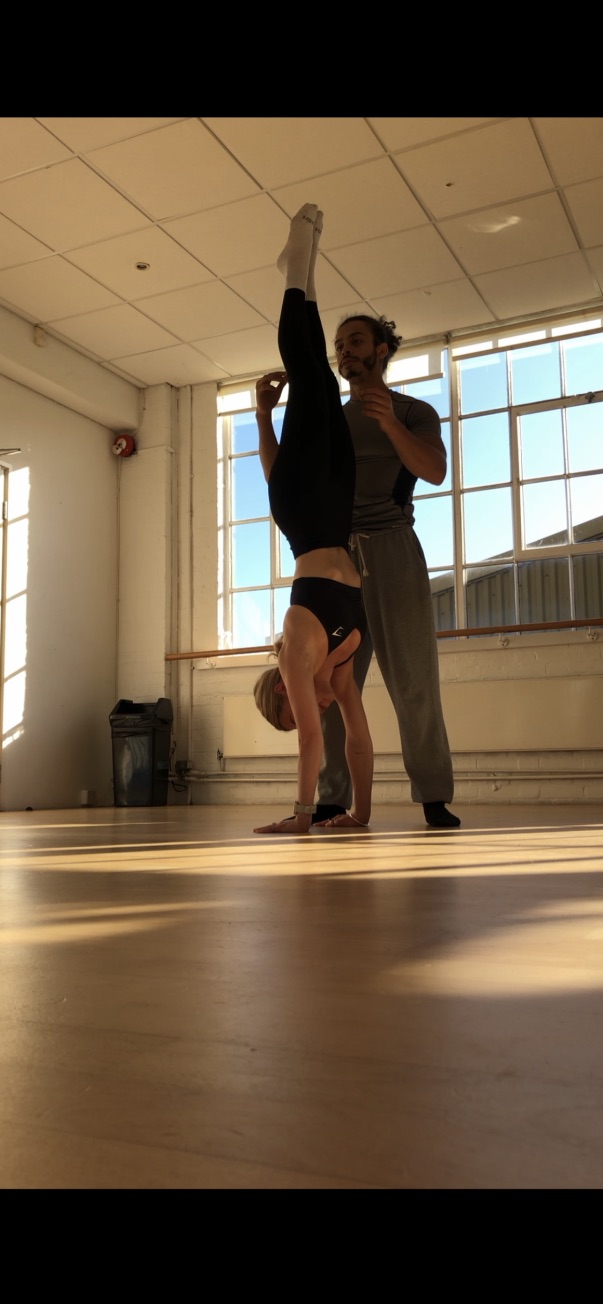
Setting goals is fine, but not when they come from a place of punishment, says fitness writer Chloe Gray.
‘Are we still doing this?’ I ask, scrolling through social media accounts that suggest all of the punishing routines you could start on 1 January. I don’t want to list some of those ridiculous (and scary) examples of ‘health’ or ‘fitness’ orientated New Year’s resolutions here, because repeating them feels wrong, but I am sure you can imagine the intense workout plans and eating ideas that manage to surprise me every single year.
Suffice to say, I am not a fan of setting unachievable or painful goals. But in all honesty, I’m not really a big fan of setting any form of exercise-based goal under the guise of a New Year’s resolutions. Even during my university days when the only form of exercise I did was running to catch the night bus, I knew that starting something on 1 January wasn’t going to be how I changed my fitness routine.
You may also like
4 New Year’s resolutions for your mind and body that have nothing to do with how you look
Six years on and with a nine-to-five job as a fitness writer, I’m still not convinced I need to focus on upping my exercise. I have had times this year when I’ve considered it, given that I work closely with the fitness industry, am on social media and simply am a woman meaning that I’m bombarded with messages about changing myself. I’ve thought that, perhaps, I should try to make 2021 the year that I run 10k, after watching everyone achieve amazing running milestones during lockdown? Or take up CrossFit, seeing as I’d finally be able to exercise with heavyweights, surrounded by other people? Or even the year that I give up alcohol on weekdays after a 2020 full of rather boozy evenings?
But I will never set myself those challenges because I know that they don’t work – and I hate failing. Plus, despite the fact that I am someone who works best under pressure, my exercise regime doesn’t. I will never work out if I am forcing myself to move, instead stubbornly digging my heels in (literally) during a run if I decide I don’t want to do it. Instead, my training programme only works when it’s something I want to do, rather than something I feel I should.

Yet, I’ve had countless conversations with strangers, colleagues and (not particularly close) friends who seem shocked when I tell them I won’t be taking on a January challenge or a post-Christmas ‘detox’. Those who know me know that I just exercise because I want to be good at exercising and my brain and body get restless when I don’t. Perhaps that is uninspiring coming from a fitness writer, but I think that is what we get wrong with the idea of motivation.
Getting out of bed every day and moving without any extrinsic, or external, motivation is the real challenge, because it has to come from a place of self-respect rather than social pressure. The This Girl Can campaign found that so many of the reasons women avoid movement are because of how they look during it and the fear of judgement of not being good enough.
It’s a long old journey to find a form of fitness that works for you, but once you do, you realise that forcing yourself to get faster, stronger or more flexible just because it is now January leaves you feeling a bit suffocated. We really should be using this time to slowly reintroduce the things we love back into our life, be it a dance class, regular walks, handstand practice, the gym or running, after a few weeks of Christmas mayhem.
You may also like
Strength training for my mental health: why my workouts aren’t for my body, but for my mind
I’m not saying that goals are bad. I know that they really work for some people, particularly when taking up a new sport or hobby. But when they stem from the constant desire to self-improve, I think it’s unhelpful. We know that resolutions, particularly fitness resolutions based on achieving a body ideal, don’t work. That’s because we are always chasing an illusion that we can always be, do and look better, ignoring the very real fact that life gets in the way and that prescription removes any form of joy.
Looking back at my past year, it highlights the fact that ‘progress’ is naturally fallible. Setting myself a goal that is based on continuous improvement wouldn’t allow for life’s very frequent interruptions. For example, I started 2020 with an ankle injury which took rehab and eight weeks of very creative exercising (it involved a lot of kneeling). Yet in March, I somehow hit a squat PB. Then the gyms shut for four months, and I exercised in a sporadic way, doing anything that could get me out the house rather than things that would get me stronger or faster.
You may also like
How to stick to your New Year’s resolutions in 2021
When the gyms re-opened, I spent a while building strength back up, getting back in the routine of a gym, refamiliarising myself with sessions. In September, I decided that I wanted to learn how to handstand because I missed my gymnastics roots, and I threw my standard workouts out the window so I could focus on those skills. In November, gyms closed again, and my exercise basically flatlined.
A year is a really long time. If we didn’t know that already, 2020 has shown us how bizarre time is, how so much can change in 12 months and yet it feels as though nothing has really happened. While this year is an extreme version of events, it stands to highlight the ebb and flow of skills, motivation, strength and, most importantly, enjoyment. If I’d set myself a strict goal in January that put me at war with exercise, would I ever have made it to discovering handstand practice in November? Probably not.

Because, much like what I fancy for breakfast or the dress that I HAVE to wear that day, I crave quite specific forms of movement. Some days I wake up bursting with motivation to nail a certain exercise that I’ve been putting off for weeks. Other days, I just want to sweat bucket loads and throw myself around the room (although, honestly, that’s rare). Occasionally I just want to walk and walk and walk while I listen to a podcast. Deciding to resolve my training makes me think that I need to get better at how I move my body. But it is being intuitive with my movement that has allowed me to love exercise, to forge a career in the industry, to spend day in, day out thinking about it.
So, while I’m a fitness writer, there will be absolutely no fitness-based goals from me in 2021. Instead, I will remind myself how good it feels to exercise, to challenge myself, to find enjoyment through moving, and accept that my progress, motivation and goals will chop and change over the course of the next 12 months.
Follow @StrongWomenUK on Instagram for the latest workouts, delicious recipes and motivation from your favourite fitness experts.
Images: Getty
Source: Read Full Article